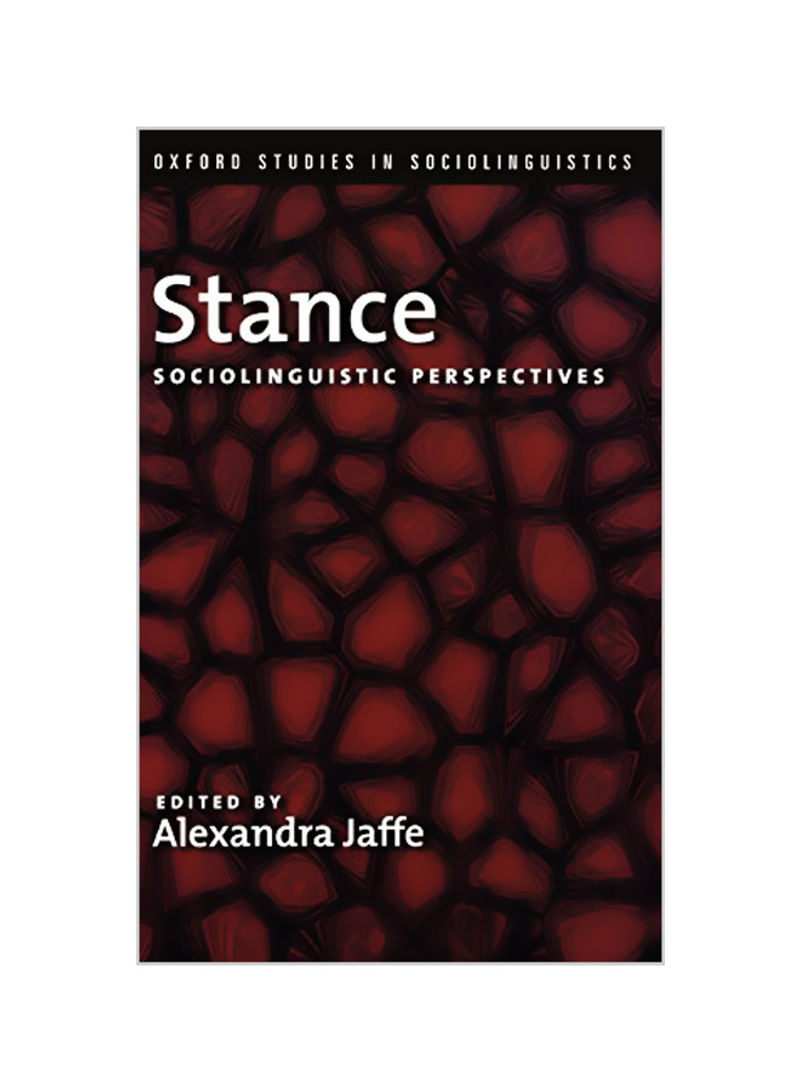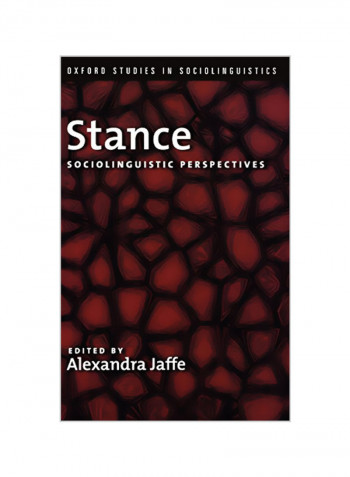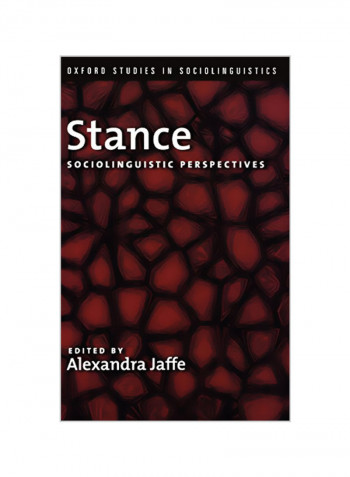Stance : Sociolinguistic Perspectives Hardcover
Recommend
Sort by
Rating
Date
Specifications
Author 1
Alexandra Jaffe
Book Description
All communication involves acts of stance, in which speakers take up positions vis-a-vis the expressive, referential, interactional and social implications of their speech. This book brings together contributions in a new and dynamic current of academic explorations of stancetaking as a sociolinguistic phenomenon. Drawing on data from such diverse contexts as advertising, tourism, historical texts, naturally occurring conversation, classroom interaction andinterviews, leading authors in the field of sociolinguistics in this volume explore how linguistic stancetaking is implicated in the representation of self, personal style and acts of stylization, and self- and other-positioning. The analyses also focus on how speakers deploy and take up stances vis-a-vissociolinguistic variables and the critical role of stance in the processes of indexicalization: how linguistic forms come to be associated with social categories and meanings. In doing so, many of the authors address critical issues of power and social reproduction, examining how stance is implicated in the production, reproduction and potential change of social and linguistic hierarchies and ideologies. This volume maps out the terrain of existing sociolinguistic and linguistic anthropologicalresearch on stance, synthesizes how it relates to existing theoretical orientations, and identifies a framework for future research.
ISBN-13
9780195331646
Language
English
Publisher
Oxford University Press, USA
Publication Date
04-06-2009
Number of Pages
272
About the Author
Alexandra Jaffe is Professor of Linguistics and Anthropology, CSU Long Beach. She is the author of Ideologies in Action: Language Politics in Corsica.
Editorial Review
Stance covers every facet of the field, from variationist to interactionist to ethnographic sociolinguistics and linguistic anthropology, providing a unifying concept which allows for exciting new avenues of analysis. This is a major contribution toward untangling the web of relationships between agency and structuration, and toward understanding the complex processes of social change. * Monica Heller, University of Toronto *



